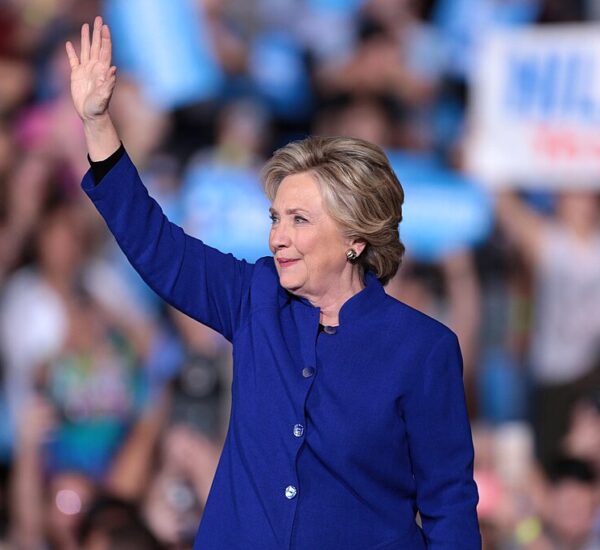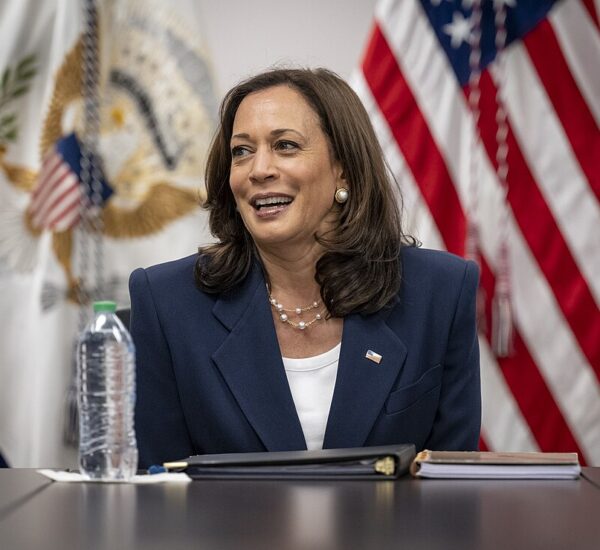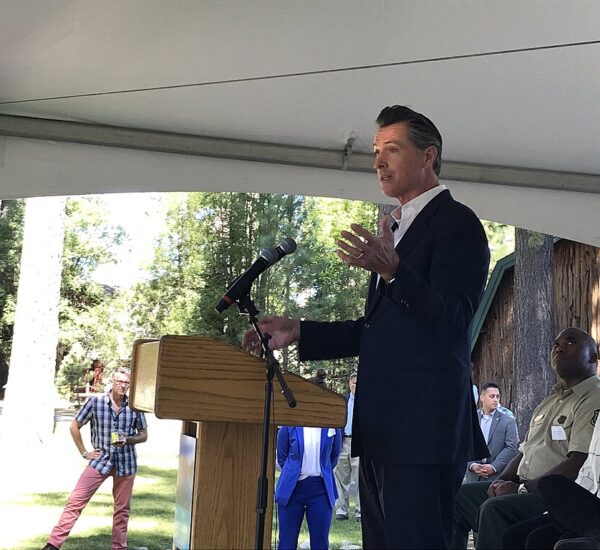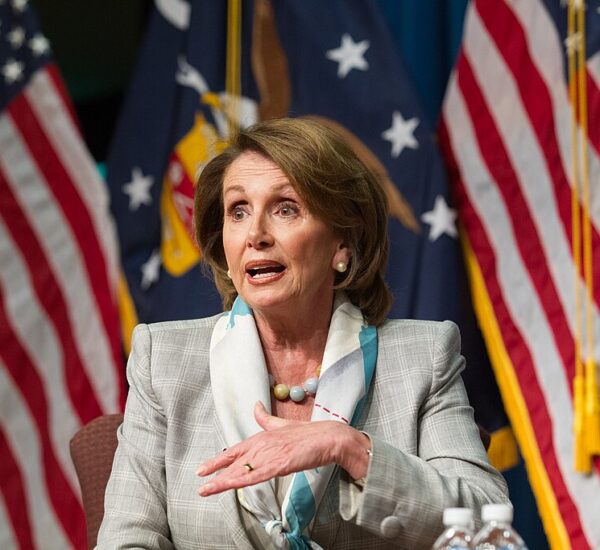GOP’s New Move To Win Senate Control
Sen. Steve Daines (R-MT), who chairs the National Republican Senatorial Committee (NRSC), voiced serious concerns about the Republican Party’s ability to compete effectively in upcoming Senate races during a recent address at the Republican Jewish Coalition Summit in Las Vegas.
Daines, leading the NRSC’s efforts to support Senate Republicans, expressed his anxiety over the current disparity between the number of competitive races and the resources available to fund them. “I’m worried that we have more states in play than we have resources to adequately cover,” Daines admitted.
The challenge has been compounded by the significant fundraising advantage Democrats have gained since Vice President Kamala Harris became the Democratic presidential nominee. This shift has dramatically boosted Democratic fundraising capabilities. In fact, just this week, Harris’s campaign transferred $10 million to the Senate Democrats’ campaign fund, further widening the gap.
Daines critiqued the Democrats’ fundraising prowess, noting, “Kamala Harris might not excel in many areas, but she and her team know how to raise money.” He urged Republicans to intensify their fundraising efforts to close this critical financial gap.
Despite these challenges, Senate Republicans are not without strengths. The GOP maintains a favorable position in key states such as Texas and Florida, where they are likely to secure victories. On the other hand, incumbent Democrats face tough battles in several states, including Maryland, a historically Democratic stronghold, and West Virginia, where the Democrats are projected to struggle.
Key swing states like Wisconsin, Nevada, Pennsylvania, and Arizona are critical for Republican success. Michigan, Montana, and Ohio are also battlegrounds where the outcome remains uncertain.
To secure a Republican majority, Daines emphasizes the importance of retaining current seats and capturing new ones in West Virginia and Montana—his home state. Winning Montana would mean defeating Sen. Jon Tester (D-MT), a seasoned opponent who has navigated tight races before.
Daines is also eyeing a broader strategy: if Republicans can gain enough seats, they would be in a stronger position to advance more conservative policies and counteract the influence of moderate Republicans like Sens. Lisa Murkowski (R-AK) and Susan Collins (R-ME). However, catching up in fundraising remains a crucial factor for achieving these goals.
As the House remains highly competitive and the White House race between former President Donald Trump and Kamala Harris heats up, securing Senate control could provide a substantial boost to Republican priorities.






